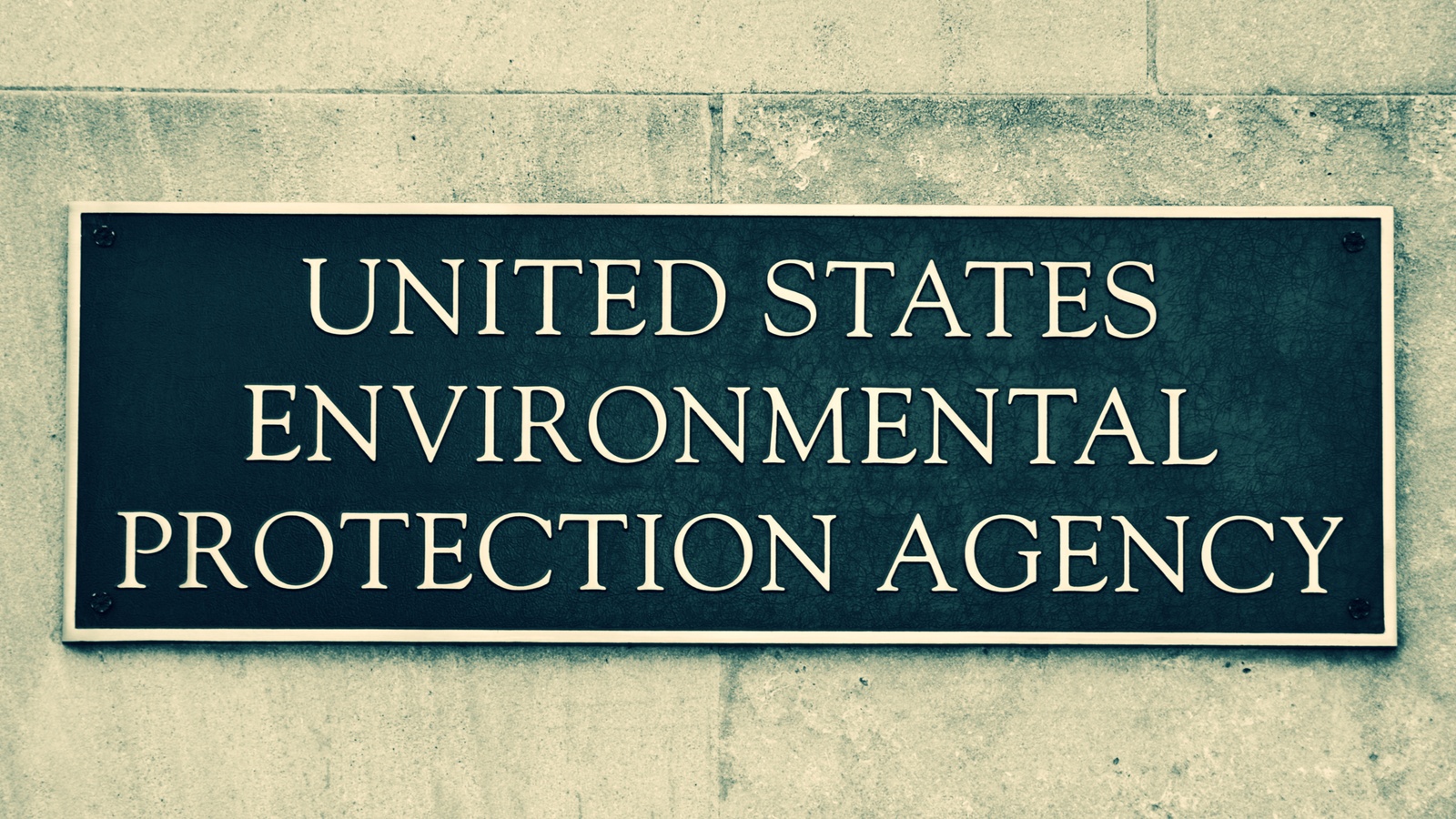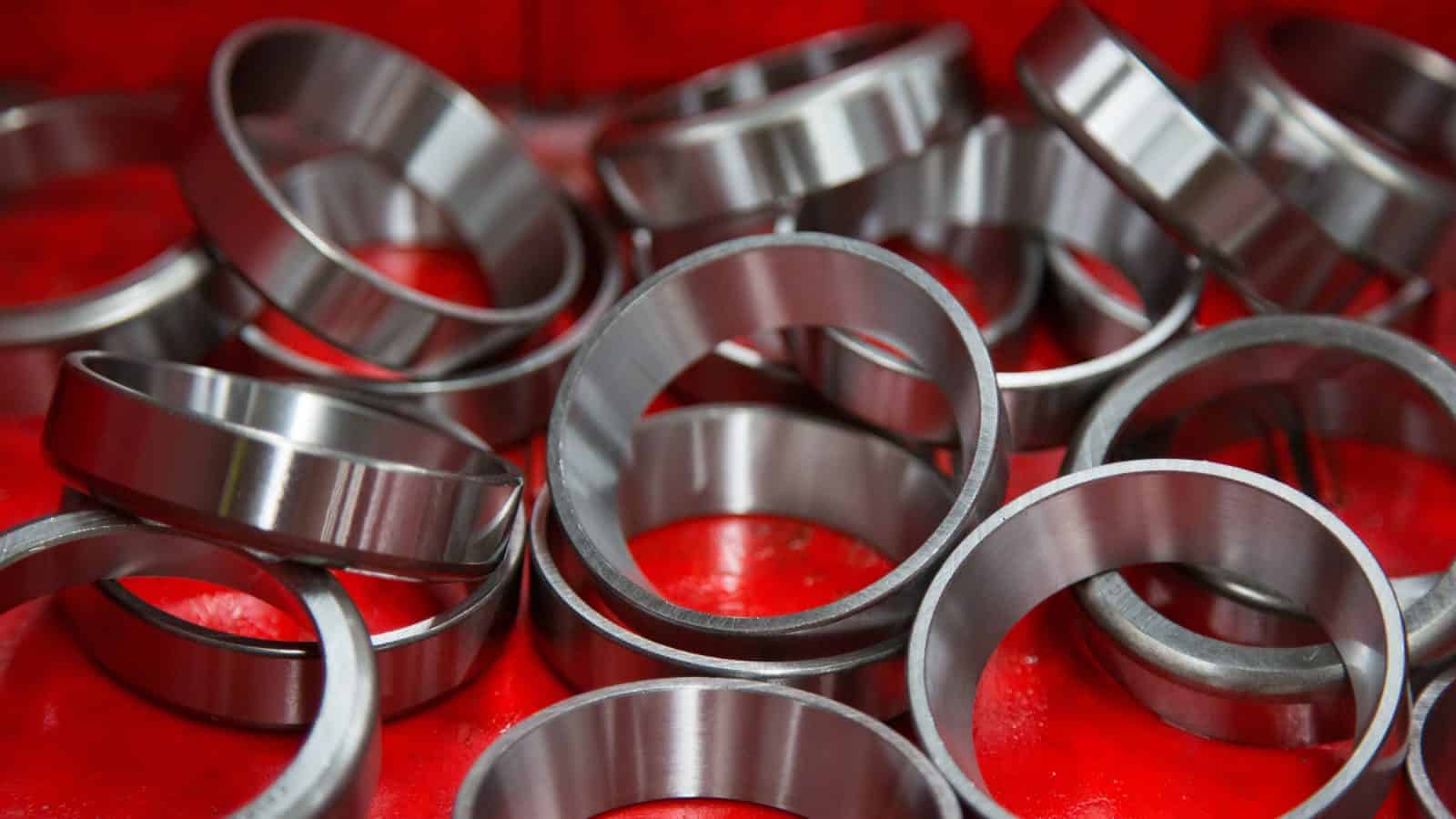NAM Speaks Out Against New EPA Regulations

Manufacturers across the United States have long been leading the way on sustainability. From outpacing international competitors on emission reductions to making investments in clean technologies, the industry has implemented best practices for others to use and blazed a trail for them to follow.
NAM Director of Energy and Resources Policy Chris Morris emphasized manufacturers’ track record during a hearing before the Environmental Protection Agency last week, where he explained to policymakers that their proposed air quality rules would stifle rather than enhance manufacturers’ efforts. Here’s what he had to say.
A record of leadership: “Our industry has championed environmental stewardship at every turn, and our members have invested heavily in new processes and technologies that have made manufacturing in the U.S. cleaner and more sustainable than ever,” said Morris.
- “This innovation in the manufacturing sector has played a key role in the reduction of air pollution we have seen over the last 50 years.”
Manufacturers’ impact: “Across the board, levels of major pollutants have declined dramatically, and we are outpacing our global competitors in air quality improvements,” said Morris.
- “According to the EPA, the U.S. has reduced six common NAAQS pollutants, including PM2.5, by 78% between 1970 and 2020.”
- “Additionally, EPA data shows that PM2.5 air quality has improved 44% since 2000. Manufacturers are committed to ensuring that progress continues.”
The challenge: New proposed regulations from the EPA would have a number of negative effects, Morris noted.
- Tighter air quality standards would make permitting more difficult, raise compliance costs and make it harder for manufacturers in the United States to compete with companies abroad—especially at a time when manufacturers are concerned about the country’s economic outlook.
The path forward: Morris urged policymakers to ensure that current regulations are fully implemented before they propose new ones, and to work together with innovative manufacturers on smart solutions.
- “The U.S. has some of the best environmental standards in the world, and American manufacturers are consistently reducing emissions, conserving critical resources, protecting biodiversity, limiting waste and providing safe products and solutions so others in our country can do the same,” said Morris.
- “But in order to maintain our environmental leadership, we need better regulations.”
The last word: “In our view, environmental protection and a thriving economy are not mutually exclusive,” said Morris. “We can have both—but it requires working together toward a constructive solution. Manufacturers are committed to smart, strong environmental safeguards and improving the lives of all Americans so that no one—and no community—is left behind.”
